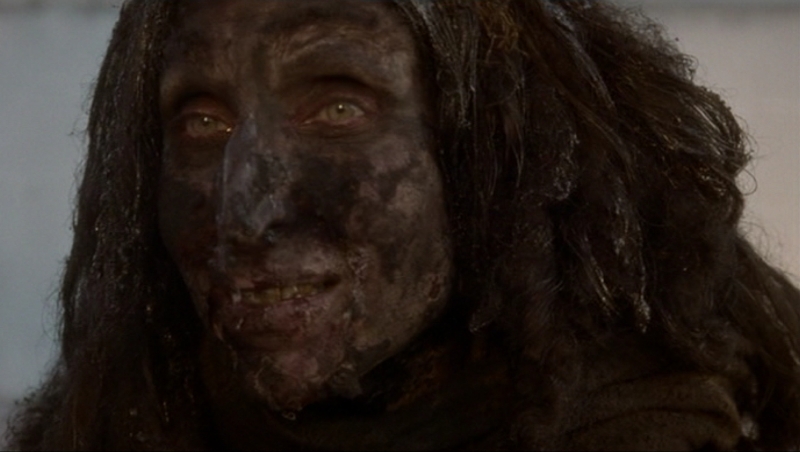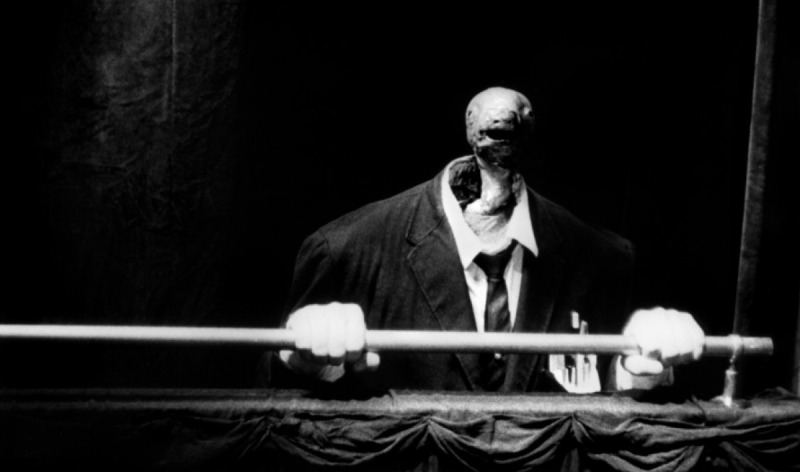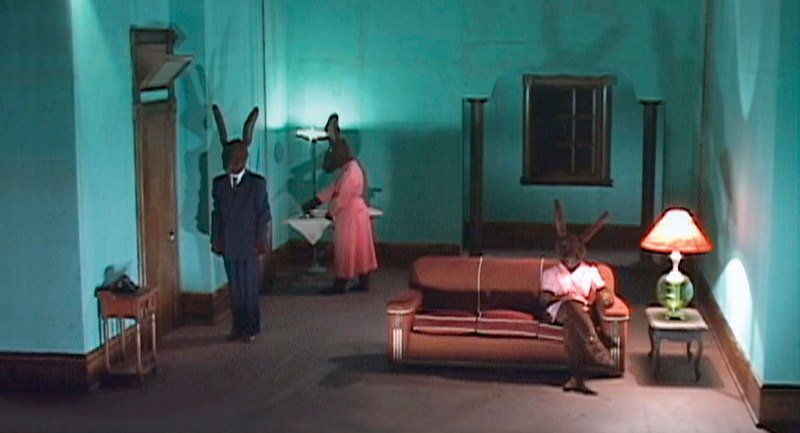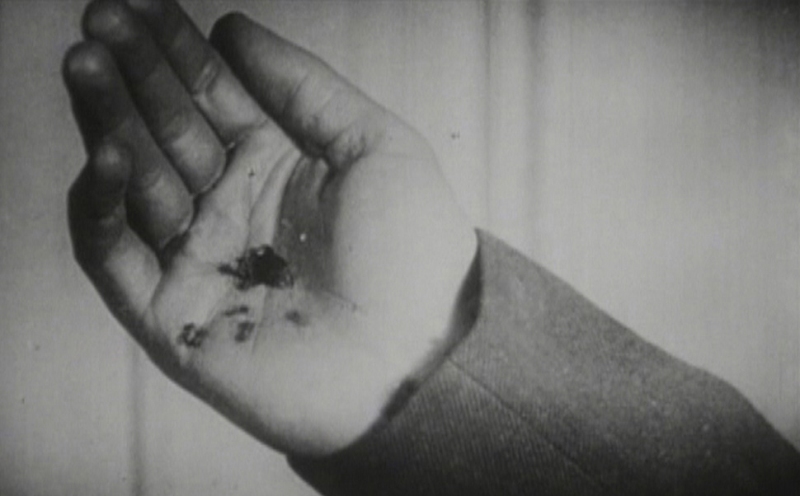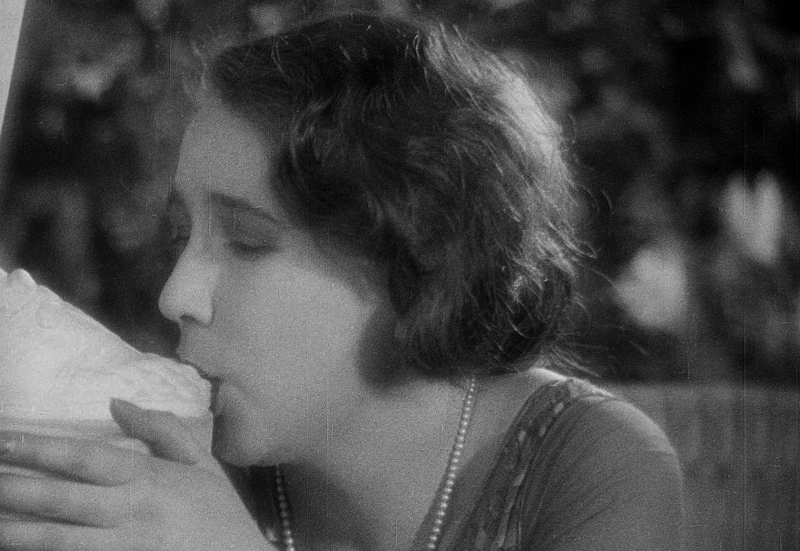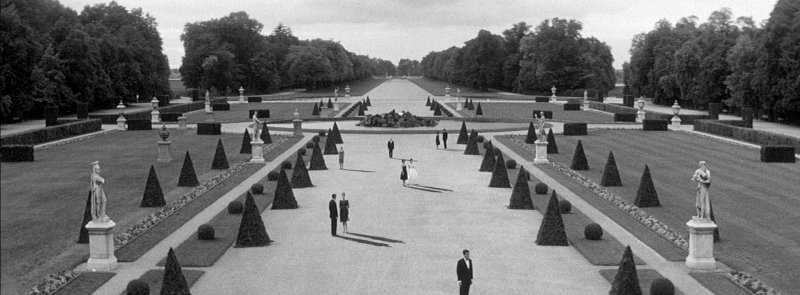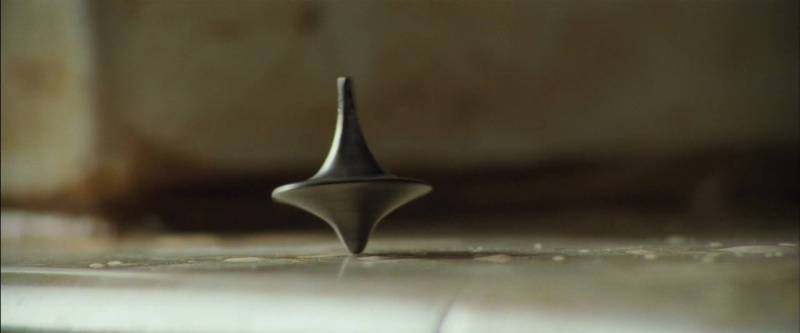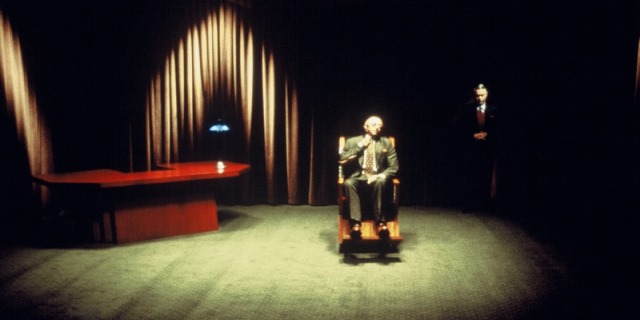
If you take a glance around the site at the moment, you’ll see a collection of posts and articles dedicated to David Lynch. What you won’t find, however, is any that I’ve written. The reasons for that are twofold; 1) when I started writing this article I’d only seen a little over one and a half David Lynch movies, a number that has increased by one over the course of this month, and 2) from what I’ve seen so far, I’m not overly looking forward to watching any more. I will, of course, but only because I have to. The likes of Blue Velvet, The Elephant Man and -gulp- Inland Empire are all on various movie lists I’m working my way through, but I get the feeling I’ll be putting them off for as long as I can. The reason, you see, is that David Lynch makes weird movies, and I hate weird movies.
When I say “weird,” what I tend to mean is films whose story, by the conclusion (or the halfway-mark) doesn’t make anything close to a damn lick of sense. I was recently fortunate enough to appear as a guest on the latest FTS Mini podcast, on Mulholland Drive. After initially watching the film I kind of hated it, predominantly because attempting to work out what was going on, why, when and to whom left me in a state of mild hysteria. As it turns out, I missed something pretty vital (and miniscule) that unlocked most of the mystery, which has improved my opinion of that film somewhat, but had I never uncovered that clue – or been informed of it, either way – then I’d probably still be sat here grumbling to myself about dumpster monsters, pink paint and cowboys.
The only other Lynch film I’ve seen all the way through is Eraserhead (my full review of which can be found here). If you’ve seen Eraserhead and read the title of this post, chances are you can guess my feelings towards it are predominantly negative. This is oddness to a terrifying degree, featuring cow foetus babies, women living in radiators and other imagery I’ve spent a long time trying to forget, so will continue to do so. Such was my disliking of Eraserhead that I’ve barely even mentioned it again to this day. It’s so horrific I genuinely don’t want to spend any more time thinking about it, let alone attempting to work out what’s going on, other than Lynch probably skipped a few court-mandated therapy appointments growing up.
Inland Empire, on the other hand, holds the coveted title of the first film I ever purposefully stopped watching midway through and have never gone back to since. At the two hour mark, two thirds of the way through the film, I genuinely had no clue as to what was going on amidst this bizarre collection of unconnected scenes and rabbit-headed nonsense, so I opted to not throw the next hour away and ejected the disc, never to be seen again.
Luis Bunuel is a director I’ve subjected myself to far more times than someone who hates his work really should have. When talking about surreal movies, his is the name that should come up most and loudest but, despite seeing at least ten of his films (I knocked a lot out in one horrible, trippy, mind-altering weekend) I’ve yet to find one I liked. A couple are interesting, but they all fall into the “Why is this happening? WHY?!?!?!?” category. The Exterminating Angel, for instance, sees a party of aristocratic guests who all find themselves unable to leave the venue come the end of the night, and all remain in the parlor as bizarre things occur, up to and including a tiger. The situation becomes resolved, but is never explained, and even occurs again later, but it left me with a hollow feeling that I was being toyed with and manipulated in ways I didn’t appreciate. Similarly, The Discreet Charm of the Bourgeoisie tells the story of friends consistently failing to get together for dinner, due to increasingly out of the ordinary circumstances, one of which is that they’re trying to dine in a dream or on a stage. And these are the two Bunuel films I liked the most! By the time we start discussing L’Age d’Or or Un Chien Andalou, with their ants crawling from gaping wounds, cows on beds and women sucking the toes of statues, you can count me right out. I sat through them, trying to piece together a structured narrative with character arcs – or, at the very least, characters – and found myself attempting to build a castle from cotton wool and damp spaghetti.
By trade I’m a mechanical engineer. This means I spend a lot of my time, and spent much of my education, dealing with mathematics, a subject I’ve always loved. The reason for this obsession? With maths, you generally work on a problem until you get a single, definitive solution, at which point you use it and move on. There’s little rumination and deliberation between conflicting theories. There’s no “Well it could be this because that and also these,” because those kind of debates become quickly disproven. In cinema, however, such logical thinking occasionally flounders within an ocean of possibilities and surrealism, leaving me flailing around for a life raft of sense or a floating wooden door of plot, else I drown in the wreckage of my own sanity. I’ve taken the metaphor too far.
Also, I tend to see some of the looser storylines in some films as being the result of lazy film-making. Films like Alain Resnais’ Last Year at Marienbad, in which a man and woman debate whether or not they’ve met before, is infuriatingly vague and obscure, defying the viewer to fill in the giant gaps in what passes for a story. I’m not necessarily talking about films where the ending is open for interpretation – I greatly approve, for example, of the totem spinning in Inception (I think it falls over) or Jason Flemyng lent over the bridge at the end of Lock, Stock and Two Smoking Barrels (he puts the guns down, answers the phone, realises the guns are priceless before comically falling into the river, leaving the guns to be picked up by some guys walking their dog, setting in motion a whole new escapade).
These films, however, have enough structured story within them that an open ending is fine, and the entire point is the viewer can take it to wherever they like, whereas with David Lynch films you get the feeling he knows what he intended to show, and it’s your job to work it out. I, however, occasionally get the feeling that he only pretends to know that there’s some secret behind the mystery, and in fact he’s just laughing at his many fans poring over every frame to be the first to uncover some hidden clue that will finally bring them enlightenment. Mulholland Drive really works well once I was informed that most of the film is actually a dream, but I defy anyone to pick up on that the first time they watch it. Without that incredibly significant clue I detested the watching experience. Surely background research shouldn’t be required to enjoy a movie? By all means use a weird scene when relevant – even Hitchcock employed Salador Dali for a dream sequence in Spellbound – but it can’t all be pink elephants, unicorns and rose petals, sometimes it just has to make sense.


